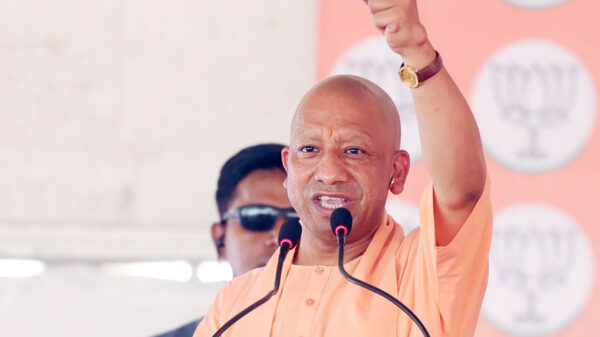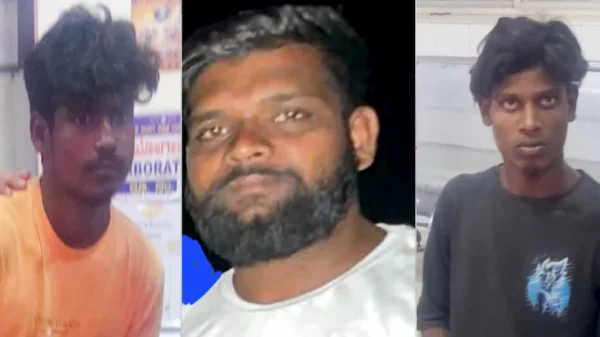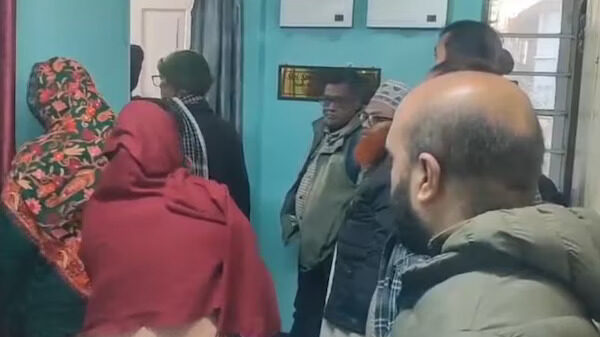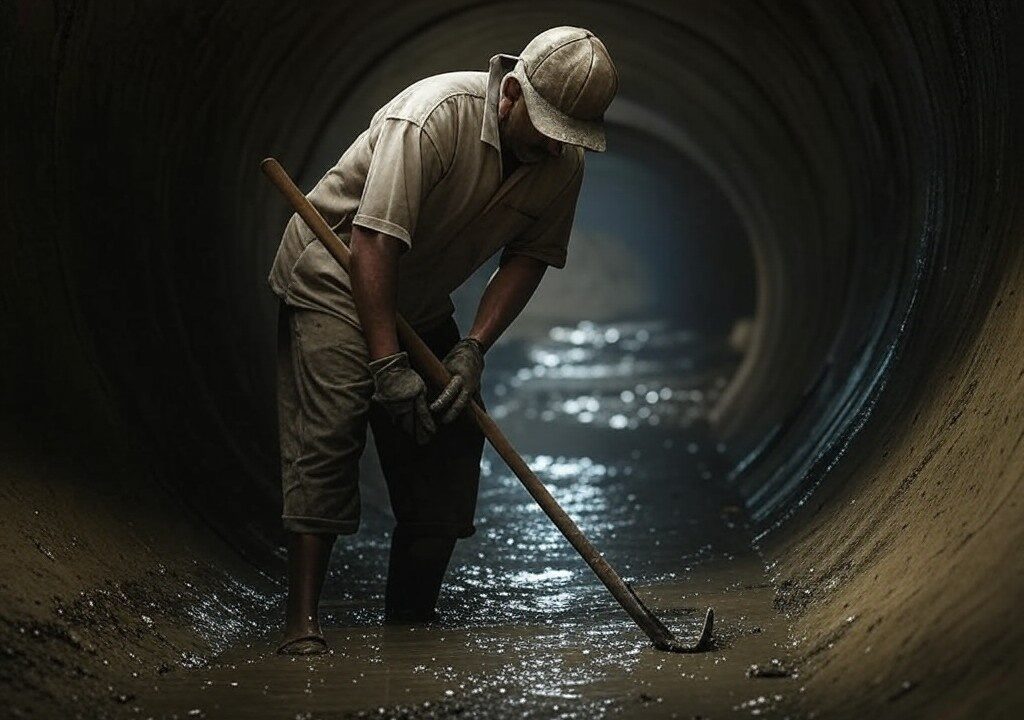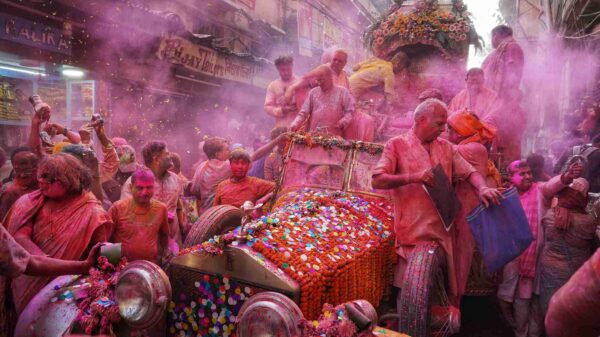Hari Krishnan died on Tuesday. He was just one of the many Dalit workers who risk their lives every day to clean sewers across India. The 32-year-old succumbed to injuries a day after inhaling toxic gas inside a private dyeing factory’s sewage tank in Tiruppur district’s Karaipudur area. Two of his co-workers, Saravanan and Venugopal, had already died on Monday. A fourth man, Chinnaswamy, is still fighting for his life in hospital.
All four men belonged to the Dalit community.
“We lost three brothers in a matter of seconds,” said a fellow worker who didn’t want to be named, fearing action from the factory. “They were sent in without any protection, just like always.”
According to the Tiruppur police, the five men were told to clean a seven-foot-deep tank without any protective gear. As soon as they entered, they inhaled toxic methane gas and collapsed.
“There was no time. They inhaled the gas and immediately fell unconscious,” said a local officer who arrived at the scene shortly after the incident.
Despite being rushed to the hospital, Saravanan and Venugopal were declared dead on arrival. Hari Krishnan passed away a day later. The fifth man, whose identity hasn’t been confirmed officially, survived as he hadn’t yet entered the tank.
The police have registered a First Information Report (FIR) against the factory owner Naveen, manager Dhanabal, supervisor Balasubramaniam, and vehicle owner Chinnasamy. They’ve been booked under the Bharatiya Nyaya Sanhita for causing death by negligence, under the SC/ST Atrocities Act, and under the Prohibition of Employment as Manual Scavengers and their Rehabilitation Act, 2013, which strictly bans the use of human beings for cleaning sewers and septic tanks.
But activists on the ground say legal action often leads nowhere.
“What good are these laws if they are never enforced?” asked A. Ravi, a Dalit rights activist in Tiruppur. “This isn’t an accident. This is murder by caste and by negligence.”
The deaths come even as India claims to have eradicated manual scavenging. Yet, over 400 such deaths have occurred in the past five years alone, mostly among Dalit men.
“How many more have to die before the country wakes up?” Ravi added.






